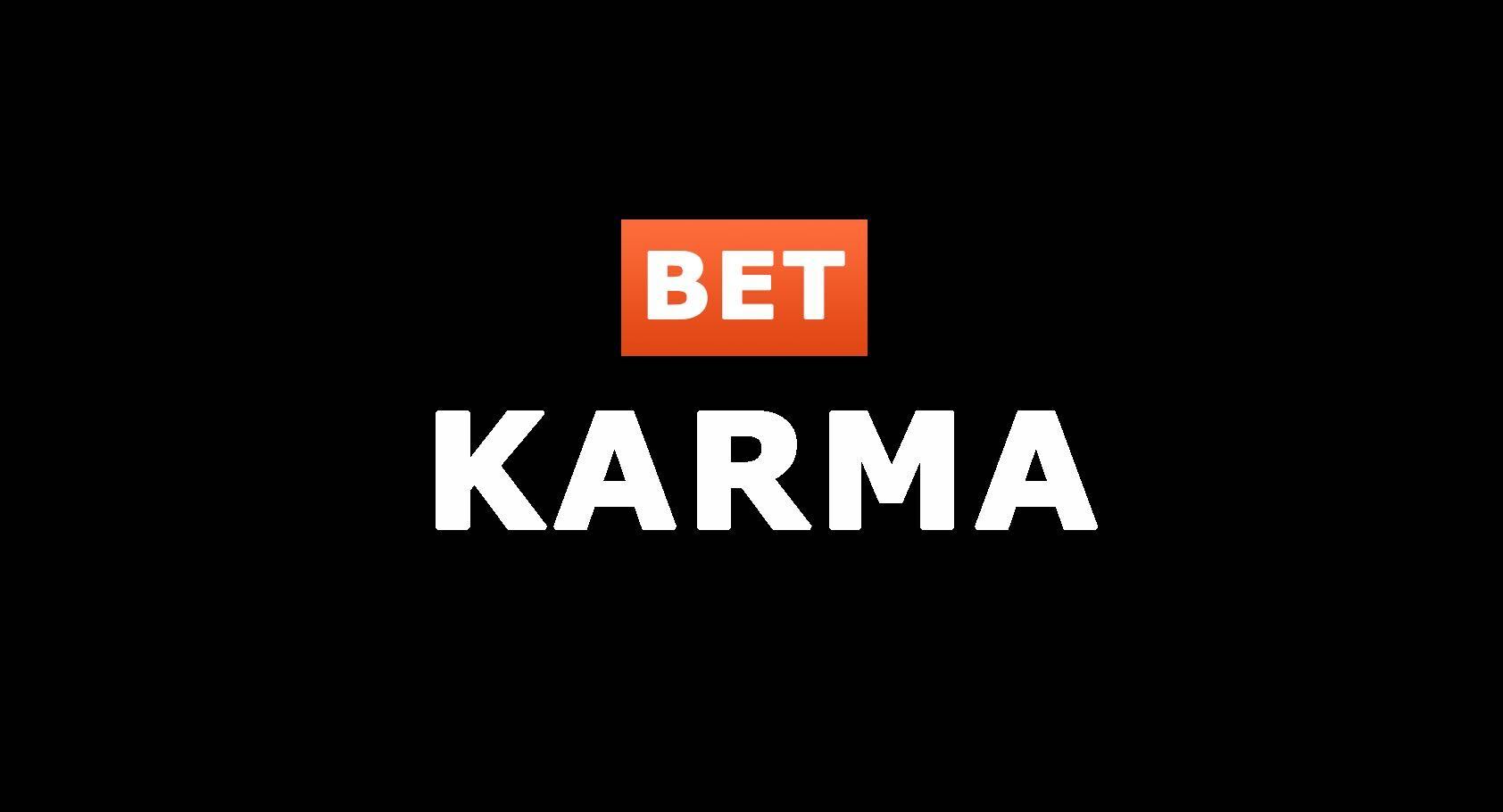Favorites vs Underdogs 101
Justin Bales
03-09-2020

Justin Bales
03-09-2020
A favorite is the team or individual that is expected to win, according to the oddsmakers. Negative odds represent how likely favorites are to win. For example, a -300 favorite has a higher likelihood of winning than a -150 favorite.
Betting on large favorites is one of the riskiest strategies in sports betting. The negative odds represent what a sports bettor has to bet to win $100. A sports bettor would have to bet $300 on a -300 favorite to win $100. While big favorites seem as the most likely bets to win, a sports bettor has to consistently win at a high percentage to cover their loses. For example, betting -300 favorites, a sports bettor would have to win at a 75% rate to break even.
Betting small favorites (if betting favorites) is a more sound strategy. Assuming a sports bettor strictly bets -120 favorites, they would need to win at roughly a 55% rate to break even. When betting favorites, betting smaller favorites is a significantly better option, as losing a few big favorites would ruin a bankroll.
An underdog is the team or individual that isn’t expected to win, according to the oddsmaker. Opposite of favorites, plus odds represent how unlikely underdogs are to win. For example, a +300 underdog is less likely to win than a +150 underdog.
Betting on underdogs is an interesting strategy. It holds somewhat of a boom or bust mindset, as sports bettor is likely to lose more often than they win. This is a strategy that doesn’t focus on win percentage, but rather solely on profit. If a sports bettor bets solely on +150 underdogs, they only need to win 40% of the time to break even. If we change the odds to +300, they need to win only 25% to break even.
There is no definitive right or wrong way to bet on favorites and underdogs. Limiting one's bets on larger favorites and large underdogs is the best strategy, though. Oftentimes, sports bettors will cap the highest favorite they are willing to bet [mine is -130], while occasionally betting on underdogs. Regardless of the line, each bet needs to make sense with the context around it, although limiting large favorites limits you from digging a hole in your bankroll from variance.
GAMBLING PROBLEM? CALL OR TEXT 1-800-GAMBLER